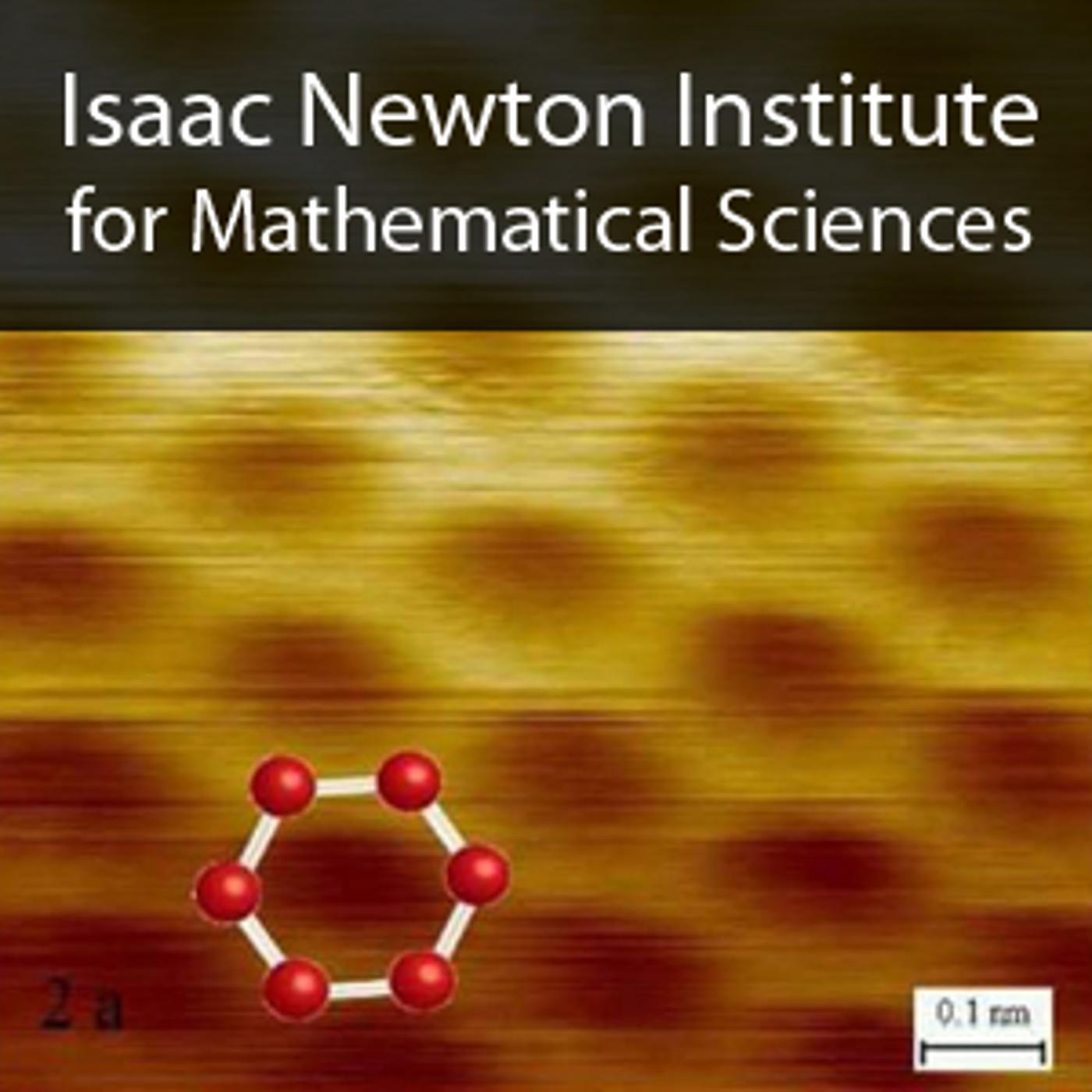Mathematics and Physics of Anderson Localization: 50 Years After
Subscribed: 39Played: 113
Subscribe
© 2016
Description
In his seminal paper Absence of diffusion in certain random lattices (1958) Philip W. Anderson discovered one of the most striking quantum interference phenomena: particle localization due to disorder. Cited in 1977 for the Nobel prize in physics, that paper was fundamental for many subsequent developments in condensed matter theory. In particular, in the last 25 years the phenomenon of localization proved to be crucial for the understanding of the Quantum Hall effect, mesoscopic fluctuations in small conductors as well as some aspects of quantum chaotic behaviour.
Random Schrödinger operators are an area of very active research in mathematical physics and mathematics. Here the main effort is to clarify the nature of the underlying spectrum. In particular, it has been proved that in dimension one all states are localized, and in any dimension the random Schrödinger operator has dense point spectrum for large enough disorder. Some open mathematical problems of major importance include the long-time evolutions of a quantum particle in a weakly disordered medium and existence of absolutely continuous spectrum in three dimensions. The expected transition from localized (point spectrum) to extended eigenstates (absolutely continuous spectrum) will also be addressed.
Read more at: http://www.newton.ac.uk/programmes/MPA/
Random Schrödinger operators are an area of very active research in mathematical physics and mathematics. Here the main effort is to clarify the nature of the underlying spectrum. In particular, it has been proved that in dimension one all states are localized, and in any dimension the random Schrödinger operator has dense point spectrum for large enough disorder. Some open mathematical problems of major importance include the long-time evolutions of a quantum particle in a weakly disordered medium and existence of absolutely continuous spectrum in three dimensions. The expected transition from localized (point spectrum) to extended eigenstates (absolutely continuous spectrum) will also be addressed.
Read more at: http://www.newton.ac.uk/programmes/MPA/
130 Episodes
Reverse
Comments






